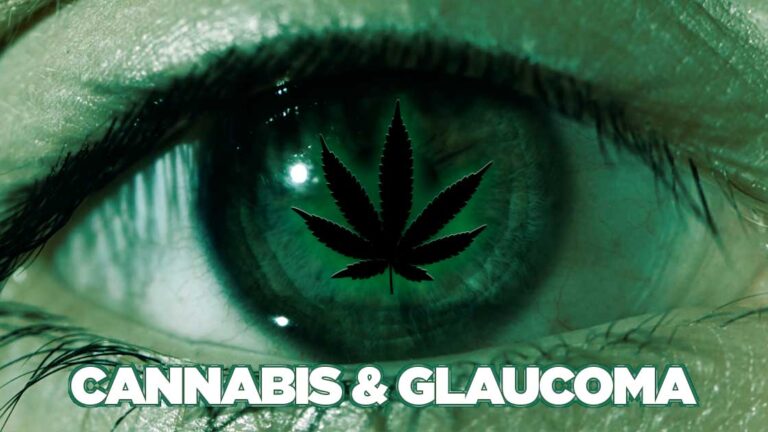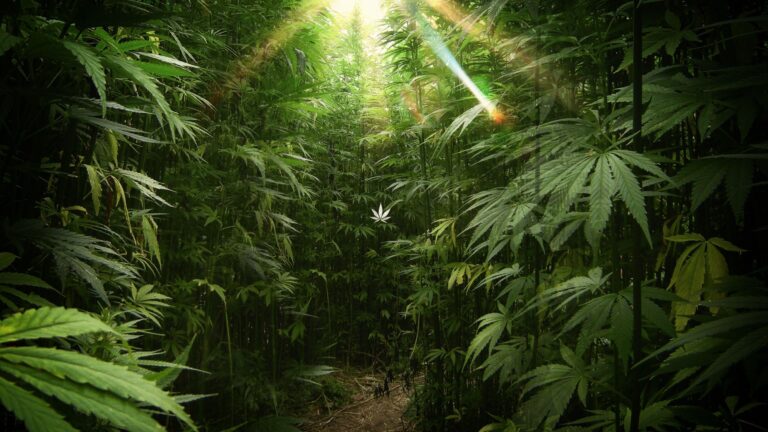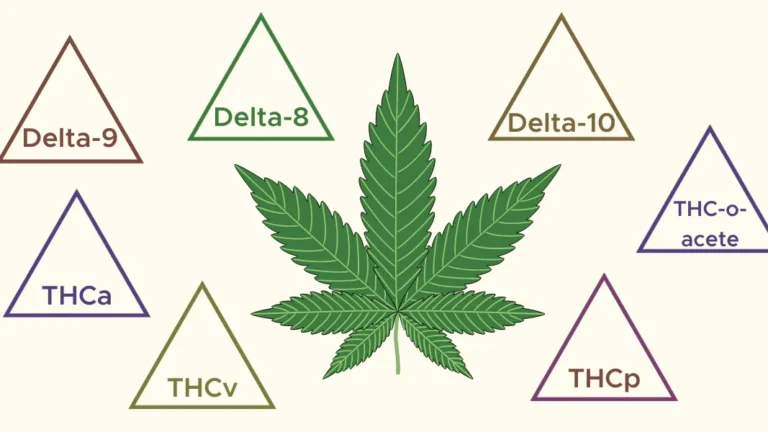
The Mind-Altering World of THC: A Guide to Its Many Forms and Potent Effects
Cannabis is a plant of remarkable complexity, and at its heart lies tetrahydrocannabinol (THC), the compound responsible for its psychoactive effects. Far from being a single entity, THC exists in multiple forms, each offering unique properties, potencies, and experiences. From the classic euphoria of Delta-9-THC to the emerging potential of THCP, understanding the different forms of THC can transform how you approach cannabis use. This comprehensive guide explores the types of THC, their effects, and the different forms of weed consumption, providing a clear roadmap for navigating the forms of marijuana. Whether you’re seeking relaxation, pain relief, or a creative boost, this article will help you unlock the full potential of cannabis forms.
What is THC?
Tetrahydrocannabinol (THC) is the primary psychoactive compound in cannabis, responsible for the “high” that users experience. It interacts with the body’s endocannabinoid system, a network of receptors (CB1 and CB2) that regulates mood, appetite, pain, and memory. THC binds primarily to CB1 receptors in the brain, altering perception, mood, and cognitive function. However, THC is not a single compound—it exists in various forms, each with distinct chemical structures and effects. These THC variants are produced naturally by the cannabis plant or synthetically in labs, offering a spectrum of experiences for recreational and medicinal users.
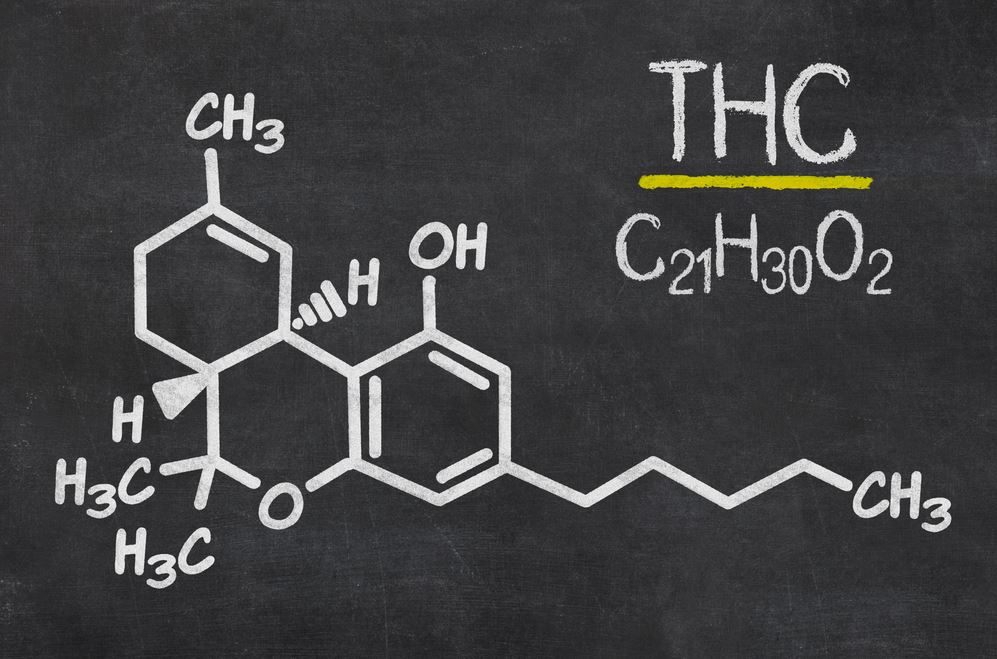
The diversity of forms of THC stems from the cannabis plant’s complex chemistry, which produces over 100 cannabinoids, as well as synthetic modifications that create new compounds. This article explores the most notable types of THC, their effects, and how they are consumed, helping you make informed choices about different forms of cannabis.
Common Forms of THC
The cannabis plant naturally produces several THC variants, each with unique effects and applications. Below is a detailed look at the most prevalent forms:
| THC Variant | Description | Effects | Common Uses | Legal Status |
|---|---|---|---|---|
| Delta-9-THC | The most abundant and well-known THC form in cannabis. | Strong psychoactive effects, including euphoria, altered perception, and relaxation. Potential therapeutic benefits like pain relief and appetite stimulation. | Smoking, vaping, edibles, tinctures. Found in most cannabis flower and concentrates. | Illegal federally in the U.S.; legal in some states for medical/recreational use. |
| Delta-8-THC | A minor cannabinoid found in trace amounts, often derived from hemp. | Milder high than Delta-9-THC, with less anxiety and paranoia. Promotes relaxation and clarity. | Gummies, tinctures, vape cartridges. | Legal in some U.S. states with <0.3% Delta-9-THC. |
| Delta-10-THC | A minor cannabinoid, often synthetically produced from CBD. | Energizing and uplifting, potentially enhancing focus and creativity. Less sedating than Delta-9-THC. | Vape cartridges, edibles, tinctures. | Legal in some areas where hemp-derived products are permitted. |
Delta-9-THC
Delta-9-THC is the cornerstone of cannabis’s psychoactive effects, found in high concentrations in most strains. It’s responsible for the classic “high,” characterized by euphoria, altered sensory perception, and relaxation. According to Canada.ca, Delta-9-THC has therapeutic potential for pain relief and appetite stimulation but can also cause side effects like anxiety at high doses.
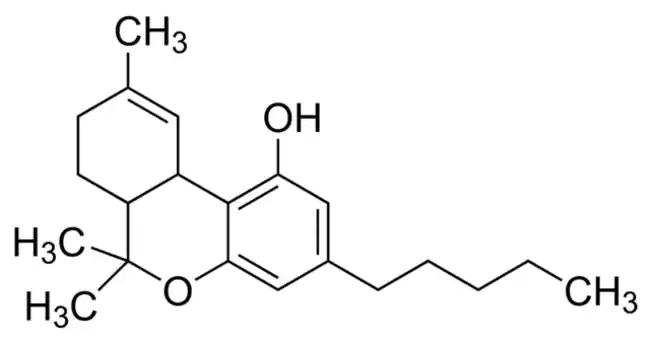
Delta-8-THC
Delta-8-THC, a less potent isomer of Delta-9-THC, is found in trace amounts in cannabis but is often synthesized from hemp-derived CBD. It offers a smoother, less intense high, making it appealing for users seeking relaxation without overwhelming psychoactivity. ATLRx notes that Delta-8-THC is popular for its calming effects and legal status in some U.S. states.
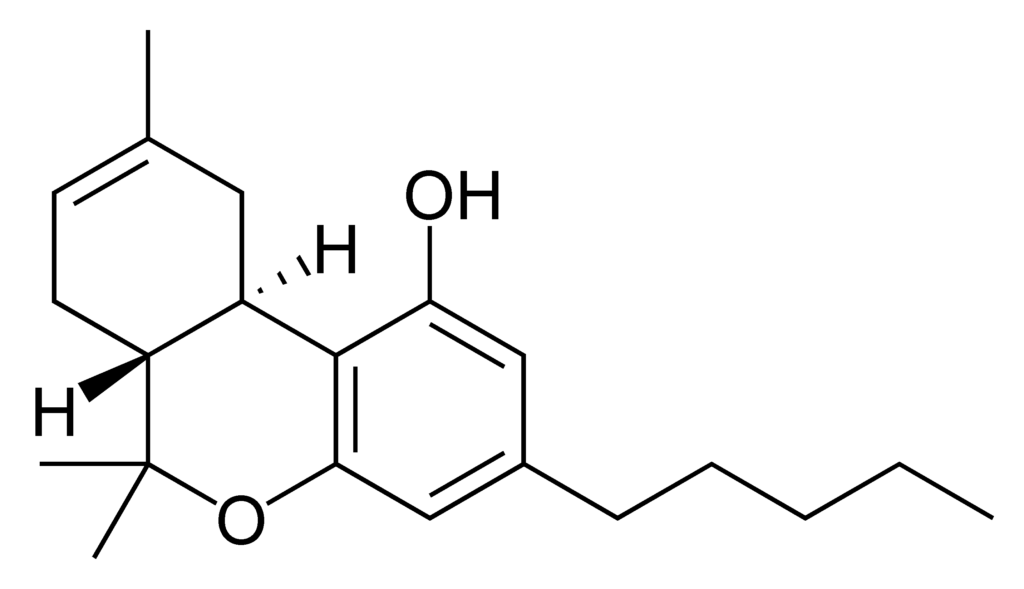
Delta-10-THC
Delta-10-THC is an emerging cannabinoid, typically produced synthetically from CBD. It’s known for its uplifting and energizing effects, which may enhance focus and creativity. While less studied, it’s gaining popularity in products like vape cartridges and edibles, as highlighted by CBD Living.
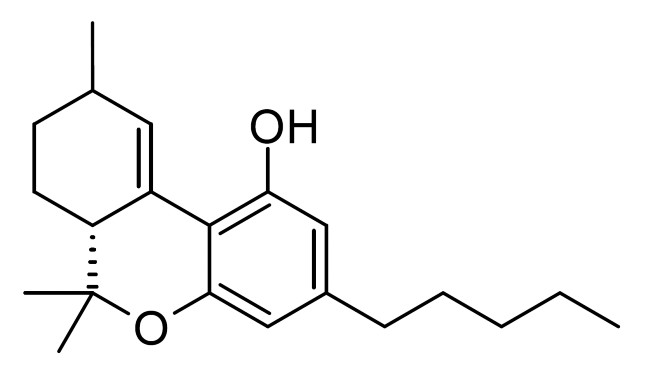
Non-Psychoactive and Minor THC Variants
Some THC forms are non-psychoactive or have unique effects, making them valuable for medicinal use without the “high.”
| THC Variant | Description | Effects | Common Uses | Legal Status |
|---|---|---|---|---|
| THCA | The acidic precursor to Delta-9-THC, found in raw cannabis. | Non-psychoactive; potential anti-inflammatory and neuroprotective benefits. | Raw cannabis juices, smoothies, topicals. | Generally legal as it’s non-psychoactive. |
| THCV | A minor cannabinoid with a structure similar to THC. | May enhance THC effects at low doses or suppress appetite at higher doses. | Tinctures, edibles, specific cannabis strains. | Legal where cannabis is permitted. |
| THCP | A potent cannabinoid with high CB1 receptor affinity. | Stronger psychoactive effects than Delta-9-THC; still under research. | Found in trace amounts in some strains; used in concentrates. | Follows regional cannabis laws. |
THCA (Tetrahydrocannabinolic Acid)
THCA is the non-psychoactive precursor to Delta-9-THC, abundant in raw cannabis. It converts to Delta-9-THC when heated (decarboxylated), such as during smoking or cooking. CBD Living suggests THCA may offer anti-inflammatory and neuroprotective benefits, making it popular in raw cannabis products like juices.
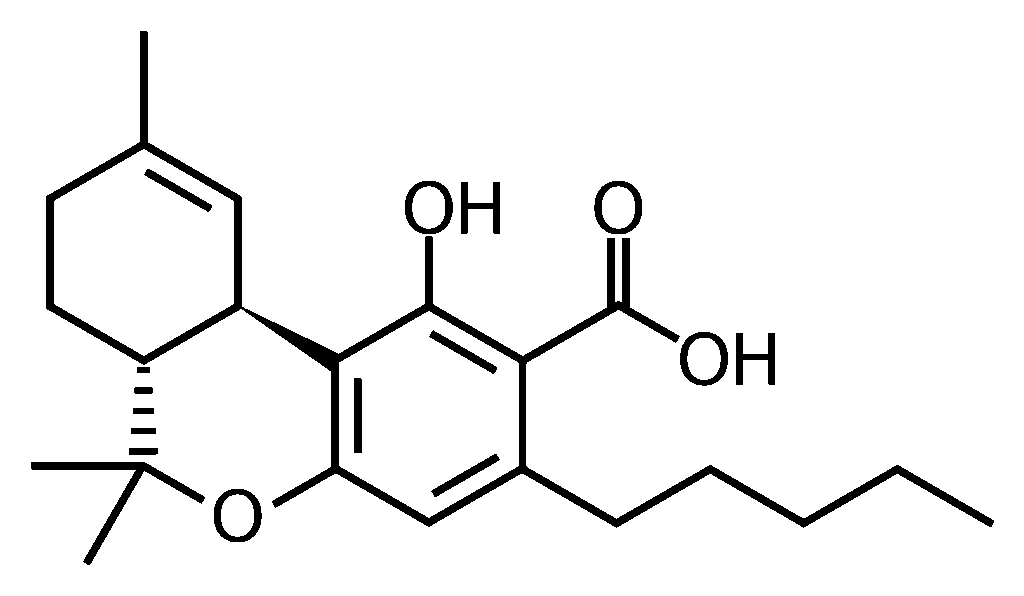
THCV (Tetrahydrocannabivarin)
THCV has a unique profile, acting as a THC enhancer at low doses but potentially reducing appetite and increasing energy at higher doses. It’s found in specific strains and is being studied for its potential in weight management and diabetes treatment, as noted by RISE Dispensary.
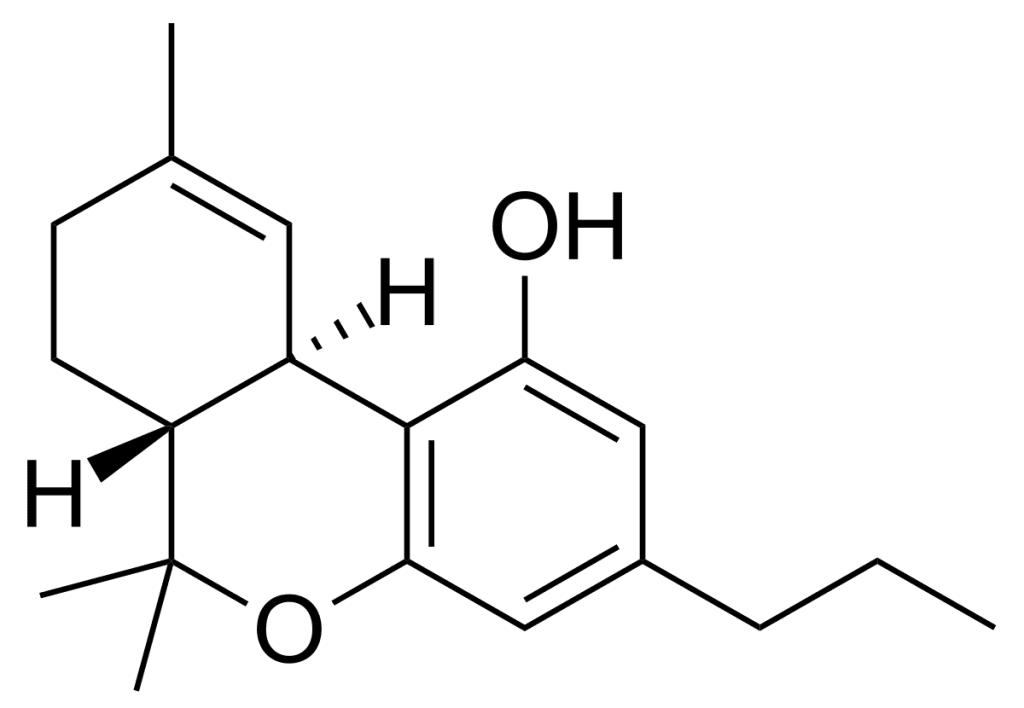
THCP (Tetrahydrocannabiphorol)
THCP, a recently discovered cannabinoid, has a higher affinity for CB1 receptors, potentially making it more potent than Delta-9-THC. Its effects are still being researched, but early studies suggest a stronger psychoactive impact, according to ATLRx.
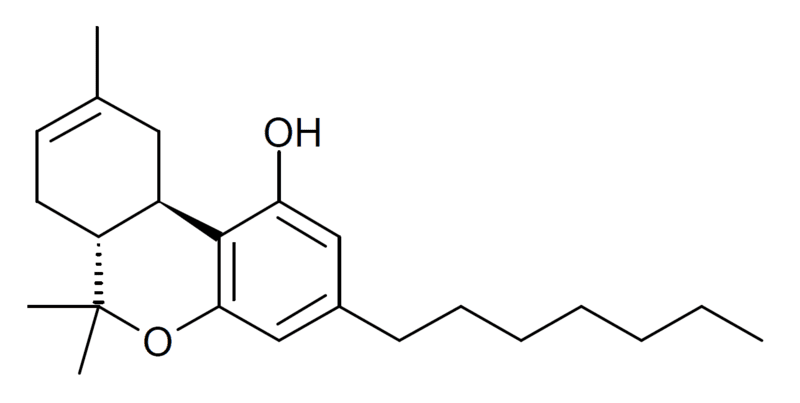
Synthetic and Modified THC Forms
Synthetic THC variants are created in labs to mimic or enhance natural THC’s effects, often with higher potency but increased risks.
| THC Variant | Description | Effects | Common Uses | Legal Status |
|---|---|---|---|---|
| THC-O | A synthetic acetate ester of THC. | Up to three times stronger than Delta-9-THC; intense psychoactive effects. | Vape cartridges, edibles. | Often unregulated; considered a research chemical. |
| Other Synthetics | Compounds like HU-210 or JWH-018, designed to mimic THC. | Highly potent and unpredictable; can cause severe side effects. | Found in “spice” or “K2” products. | Often illegal due to health risks. |
THC-O (Tetrahydrocannabinol Acetate)
THC-O is created by acetylating THC, resulting in a compound reportedly three times stronger than Delta-9-THC. It’s popular in vape cartridges and edibles but carries higher risks due to its potency and lack of regulation, as noted by CBD Living.
Other Synthetic Cannabinoids
Synthetic cannabinoids like HU-210 or JWH-018, often found in products like “spice,” are designed to mimic THC but can cause severe side effects, including psychosis. These are typically illegal due to their dangers, as highlighted by AdCare Treatment Centers.
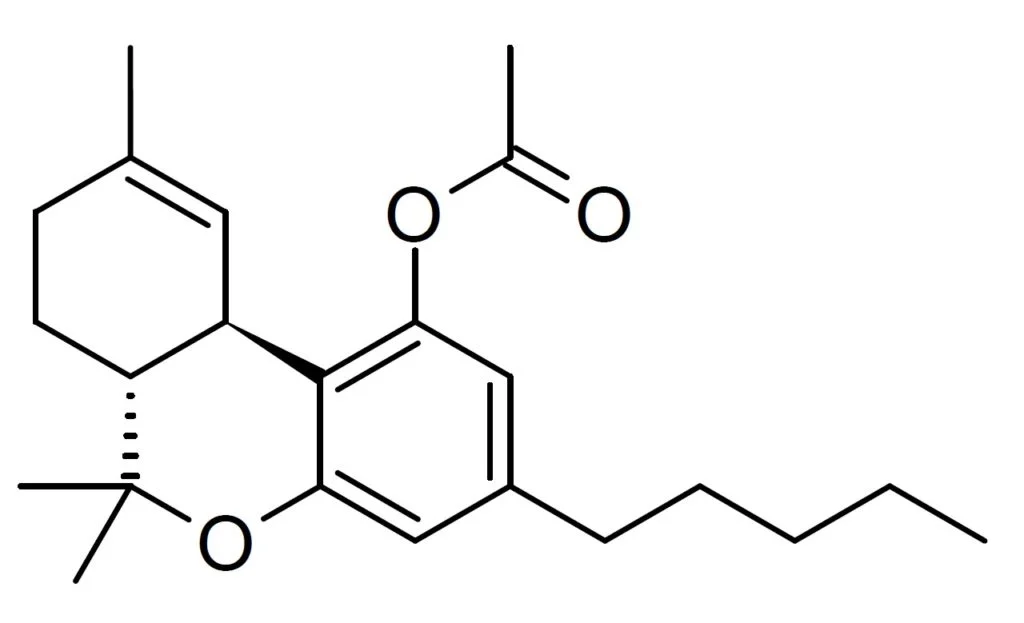
Different Forms of Weed Consumption
The way THC is consumed affects its onset, duration, and intensity. Here are the primary different forms of marijuana and their consumption methods:
| Form | Description | THC Variants | Onset and Duration |
|---|---|---|---|
| Flower (Buds) | Dried cannabis leaves, stems, and buds. | Primarily Delta-9-THC, some THCA. | Onset: 5-10 minutes; Duration: 1-3 hours. |
| Concentrates (Dabs, Wax, Shatter) | Potent extracts from cannabis plant material. | High Delta-9-THC, THCA, or THCP. | Onset: Immediate; Duration: 1-3 hours. |
| Edibles | Foods or beverages infused with cannabis extracts. | Delta-9-THC, Delta-8-THC, THC-O. | Onset: 30-90 minutes; Duration: 4-8 hours. |
| Vapes | Devices that heat cannabis oil or concentrates. | Delta-9-THC, Delta-8-THC, THC-O. | Onset: 5-10 minutes; Duration: 1-3 hours. |
| Tinctures | Liquid cannabis extracts, often alcohol-based. | Various THC forms, depending on formulation. | Onset: 15-45 minutes; Duration: 2-6 hours. |
| Topicals | Creams or balms infused with cannabis. | THCA, Delta-9-THC (non-psychoactive when applied topically). | Onset: 10-60 minutes; Duration: Localized effects. |
These different forms of weed allow users to choose based on preference, desired effects, and convenience. For example, edibles offer long-lasting effects but delayed onset, while vaping provides quick relief, as noted by Laguna Treatment Center.
Legal and Safety Considerations
The legality of THC variants varies by region. In the U.S., Delta-9-THC is federally illegal but permitted in some states for medical or recreational use. Hemp-derived cannabinoids like Delta-8-THC and Delta-10-THC are legal in many areas if they contain less than 0.3% Delta-9-THC, as per the 2018 Farm Bill. Synthetic forms like THC-O are often unregulated, posing risks due to potential contamination or unknown long-term effects.
Safety is critical when using different types of THC products. Always:
- Purchase from reputable, lab-tested sources to ensure purity and potency.
- Check local laws to avoid legal issues, as regulations differ widely.
- Start with low doses, especially with potent forms like THCP or THC-O, to gauge effects.
- Consult a healthcare provider if using THC for medical purposes or if you have pre-existing conditions.
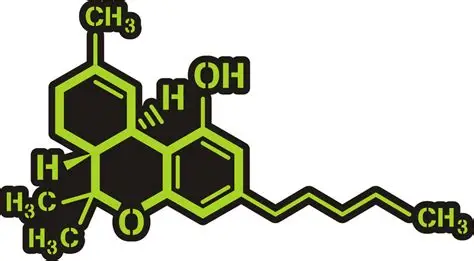
Community Insights
Cannabis communities, such as Reddit’s r/trees, often discuss the nuances of different forms of cannabis. Users share experiences with Delta-8-THC for its milder effects or THCV for its potential appetite-suppressing properties. These discussions highlight the importance of experimenting with different forms to find what suits individual needs, while emphasizing the need for caution with synthetic cannabinoids.
Conclusion
The world of THC is a vibrant tapestry of compounds, each offering unique effects and applications. From the classic high of Delta-9-THC to the non-psychoactive potential of THCA and the potent punch of THC-O, the different forms of THC provide a spectrum of experiences for cannabis users. By understanding these types of THC and their consumption methods, you can tailor your cannabis journey to your goals, whether recreational or medicinal. As research continues to uncover the full potential of these cannabis forms, staying informed about their effects and legal status will ensure a safe and rewarding experience. Explore the different forms of marijuana with confidence and discover the power of THC’s diversity.
